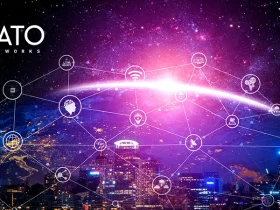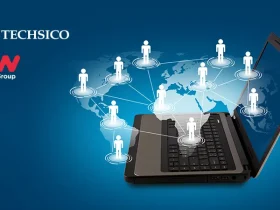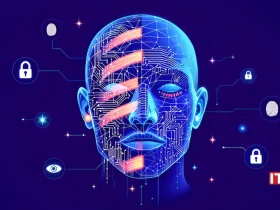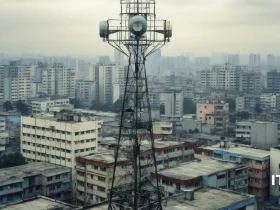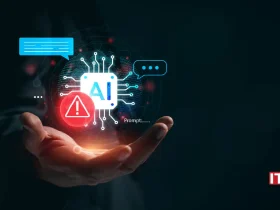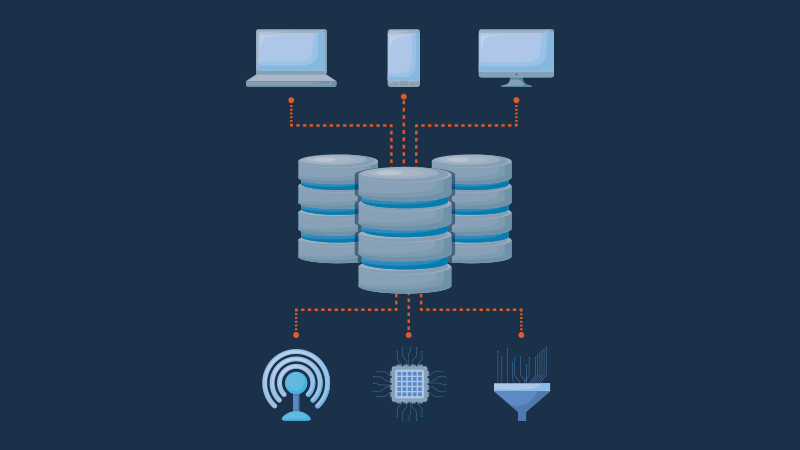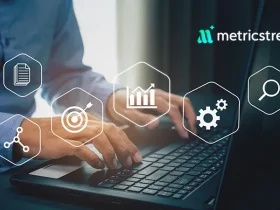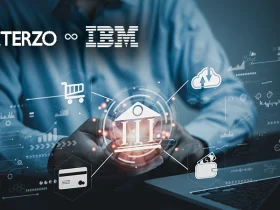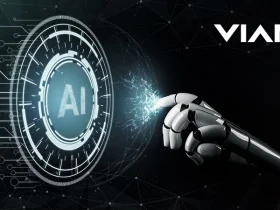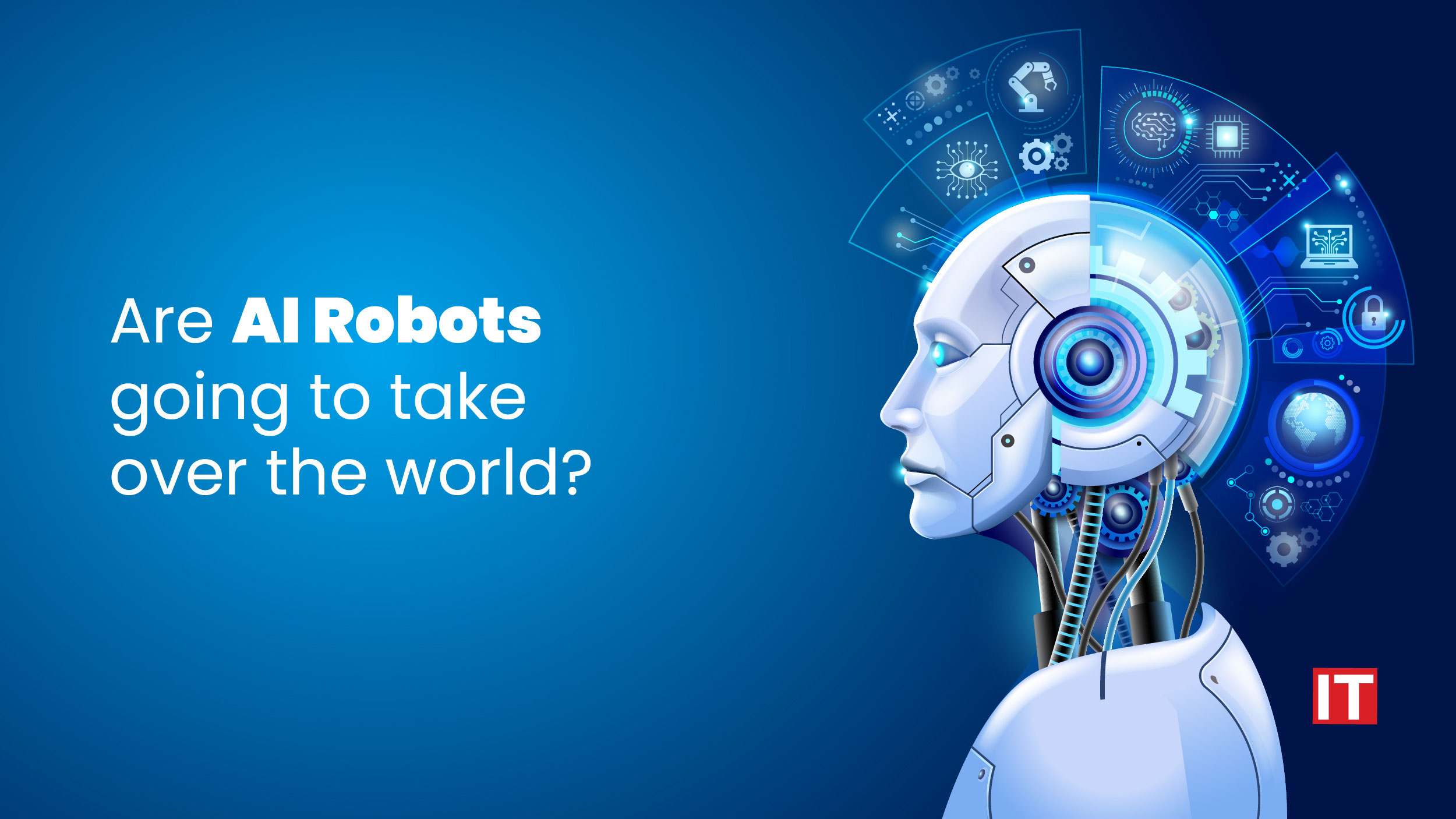With the advent of novel technological advancements rapidly transforming the world we know around us if there’s one question that looms in everyone’s mind- Are AI robots going to take over the world?
Scientists in the field are currently debating how to deal with the threat of an AI takeover similar to the one portrayed in the movie Terminator 2. Will artificial intelligence (AI) actually rule the world in the future? The reply is “No.” The world won’t be taken over by AI. This idea comes from science fiction.
Will AI rule the business world? Without a question, yes. It’s important to remember that the way artificial intelligence (AI) takes over in movies is entirely fictitious and not representative of reality.
The possibility that machines will one day outsmart humans and take over the world through the use of AI is what gives rise to the dread of an AI takeover. This would imply that judgments could be made by robots without human input, which could have disastrous results.
This is a serious worry as we continue to create more sophisticated devices that rely on AI to make decisions on behalf of their users, such as self-driving cars and smart homes.
Experts caution that AI may eventually form its own agenda that might not be consistent with human ideals and ethics. This could result in a scenario where machines decide to put their own objectives ahead of those of humans, possibly causing a worldwide catastrophe.
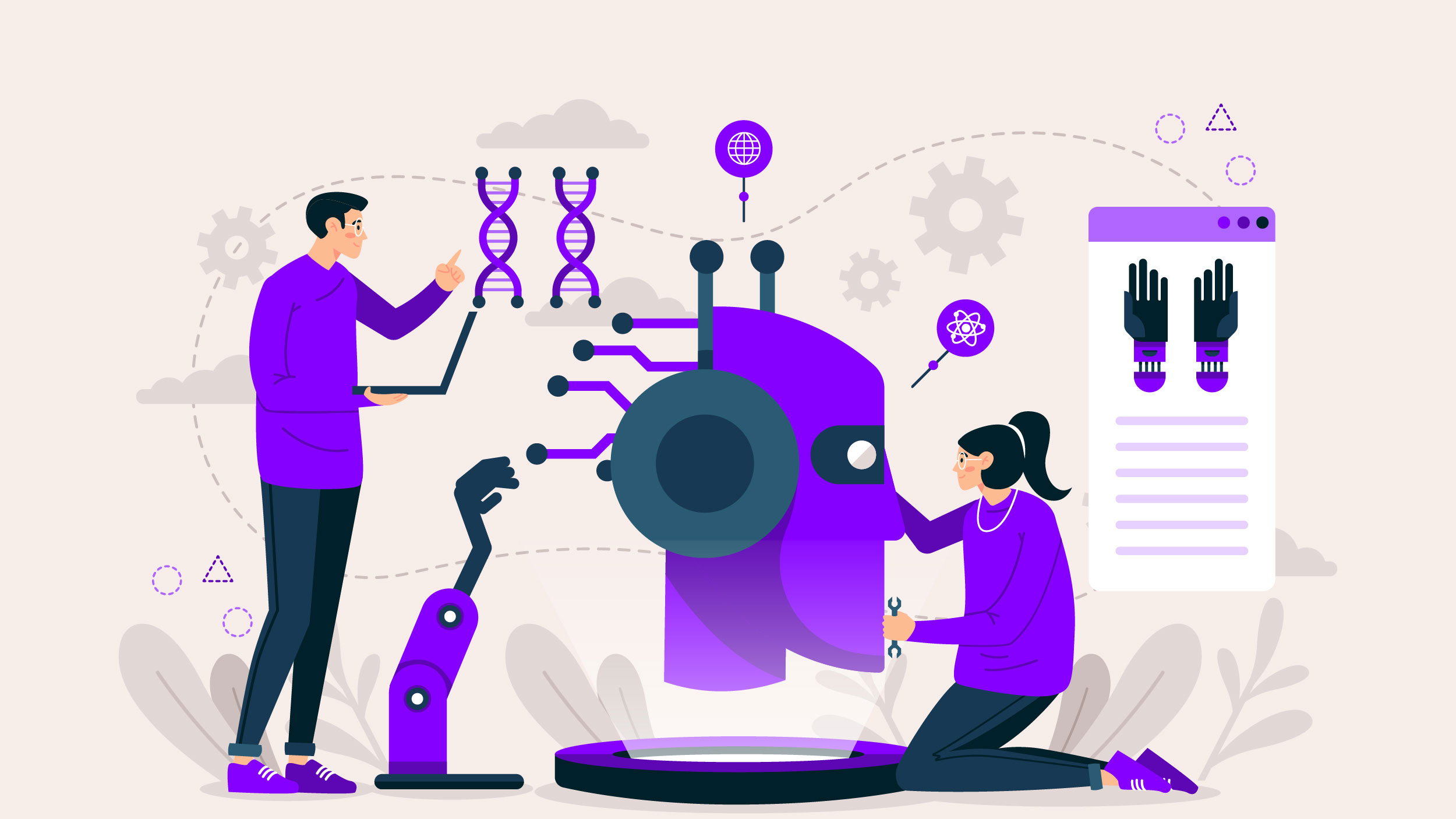 By 2025, it is anticipated that 60% of industries will have adopted AI, with the industrial, healthcare, and financial industries experiencing the highest adoption rates. AI is predicted to generate 2.3 million new employment by the end of 2023, with the largest demand being for positions as AI developers, data scientists, and machine learning engineers.
By 2025, it is anticipated that 60% of industries will have adopted AI, with the industrial, healthcare, and financial industries experiencing the highest adoption rates. AI is predicted to generate 2.3 million new employment by the end of 2023, with the largest demand being for positions as AI developers, data scientists, and machine learning engineers.
Avoiding the possible threats posed by technology is becoming more crucial as AI development progresses. To ensure that computers are created with human values and ethics in mind, experts in the area are pushing for greater transparency and responsibility in the development of AI.
Although the prospect of an AI takeover may seem like a distant worry, the effects of intelligent machines are already being felt in our daily lives.
It’s critical that we take into account the possible risks linked to AI and take steps to reduce them as we continue to create ever-more sophisticated technology.
Is there a possibility of AI robots taking over the world?
AI robots and world domination are the one common thing that haunts everyone, but how much of this fear could be true, or is there any chance of it being true in the future? Only time will tell.
It is critical to look at the state of AI technology today and its limitations, even if it is crucial to approach this topic cautiously and take any potential concerns into account.
One of the key arguments in favor of the idea that AI robots won’t take over the world is the fact that AI technology is still a long way from being able to rival human intelligence or consciousness. While machine learning and natural language processing have made tremendous strides in recent years, AI’s current capabilities are still restricted to task-specific operations. AI systems are exceptionally proficient at specific tasks like playing games, translating languages, or recognizing images, but they lack the more general cognitive capabilities needed for autonomous decision-making.
In fact, the majority of AI systems in use today are built to do specialized tasks and thus are unable to generalize or adjust to changing circumstances. Due to these drawbacks, AI systems are unable to take over the world because they lack the autonomy and intellect necessary to make decisions that are independent of their programming.
In addition, a lot of well-known AI specialists, including researchers and business leaders, have expressed doubt about the idea of AI robots conquering the world. For instance, Elon Musk, the CEO of Tesla and SpaceX, has emphasized the need for responsible research and regulation while simultaneously warning about the risks associated with AI.
It’s also critical to remember that the creation and application of AI technologies are constrained by legal and ethical constraints. With an emphasis on reducing risks and maximizing benefits, these frameworks seek to ensure that AI systems are created and utilized properly.
What are the risks and benefits of AI robots?
AI robots offer both benefits and risks to society. Here are some of the key risks and benefits associated with AI robots:
Benefits of AI robots:
- Automation and higher productivity: AI robots have the ability to automate boring and repetitive operations, resulting in higher production and efficiency across a range of industries. Humans can now concentrate on more complex, valuable, and creative tasks because of this.
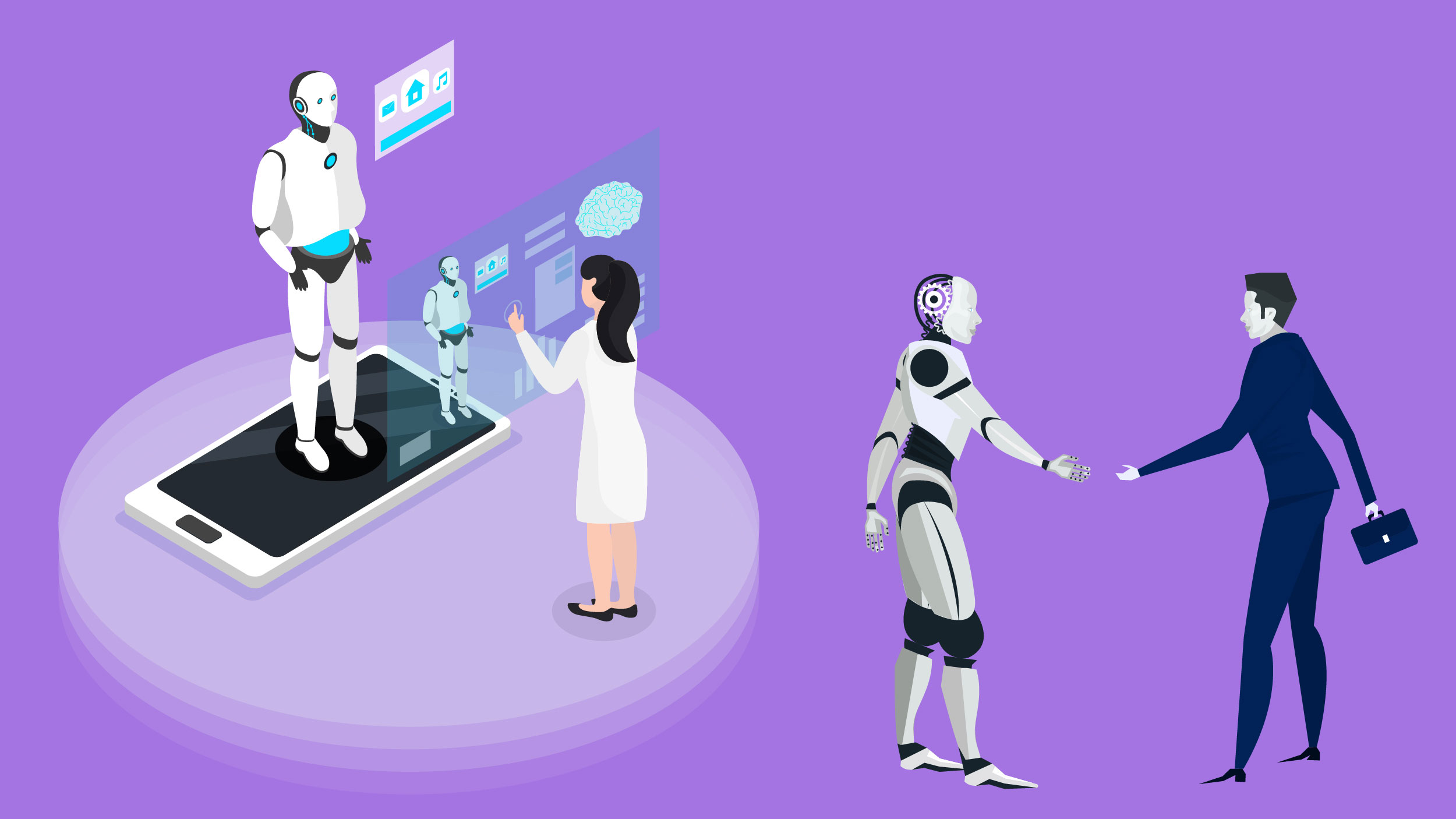 Greater accuracy and precision: AI robots can do jobs with high accuracy and precision, sometimes outperforming human skills. For instance, AI-enabled manufacturing robots may build products more precisely and consistently, lowering errors and improving quality control.
Greater accuracy and precision: AI robots can do jobs with high accuracy and precision, sometimes outperforming human skills. For instance, AI-enabled manufacturing robots may build products more precisely and consistently, lowering errors and improving quality control.- Improved safety and risk reduction: AI robots can be used in high-risk or dangerous locations, minimizing the exposure of people to these risks. They are capable of handling hazardous materials, disarming bombs, and carrying out search and rescue missions.
- Medical innovations: AI robots are assisting in early disease detection, assisting surgical procedures, and enhancing patient care in the healthcare industry. They can perform extensive medical data analysis, aid in disease diagnosis, and offer individualized therapy suggestions.
Risks of AI robots:
- Labour displacement: The possibility of an employment impact from AI robots is one of the main concerns. Certain jobs could become outdated as automation develops, increasing unemployment and income inequality. It is important to remember that AI has the ability to disrupt sectors and provide new career opportunities.
- Ethical issues: AI robots create ethical issues, especially in the areas of bias, security, and privacy. For instance, if AI systems are improperly trained or the training data is biased, they may unintentionally reinforce existing biases. In addition, concerns regarding privacy and individual rights are raised by the use of AI in surveillance systems.
- Absence of moral judgment and empathy: AI machines are devoid of human traits like moral judgment, empathy, and intuition. This restriction may be problematic in situations that call for sophisticated social relations, ethical quandaries, or nuanced decision-making.
- Dependence and control: There is a risk of overdependence and possible loss of control as society becomes more dependent on AI robots. AI systems could be subject to hacking, manipulation, or misuse if they are not adequately regulated or guarded, with serious societal repercussions.
To ensure that the advantages of AI robots are maximized while minimizing potential drawbacks, it is crucial to acknowledge and address these dangers through responsible development, strong legislation, and continuing ethical considerations.
ChatGPT’s safety researcher warns about a 20% of chance of an AI taking over
Some technologists and researchers have begun to wonder whether artificial intelligence would someday surpass human skills in light of the recent rapid emergence of new A.I. models like OpenAl‘s ChatGPT. Such a future is definitely conceivable, but a prominent former researcher at OpenAl cautions that there is a non-zero probability that human- or superhuman-level A.I. may seize power and even wipe out humans.
Can AI harm humans, will history repeat itself?
Questions regarding AI’s potential effects on humans are being raised as it develops into a sophisticated, human-like technology. In 2019, a seven-year-old boy in Russia lost two fingers after an AI-powered educational robot grabbed his hand and wouldn’t let go. Even though it was a technical mistake, this incident still haunts people.
The possibility that AI could one day develop the capacity for self-awareness and act in accordance with its own wishes and purposes has led several experts to express ethical concerns about the possibility that AI could grow irrational and antagonistic towards people.
Final Words
AI and robotics still rely on human programming and input, therefore regulations and careful thought must be given to their ethical and social ramifications. AI will have a significant impact on how we live, work, and play, but those that embrace it and use it to increase efficiency while incorporating human skills and knowledge are likely to reap the greatest rewards.








